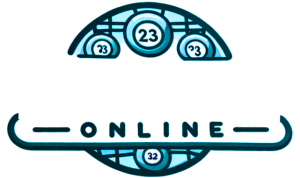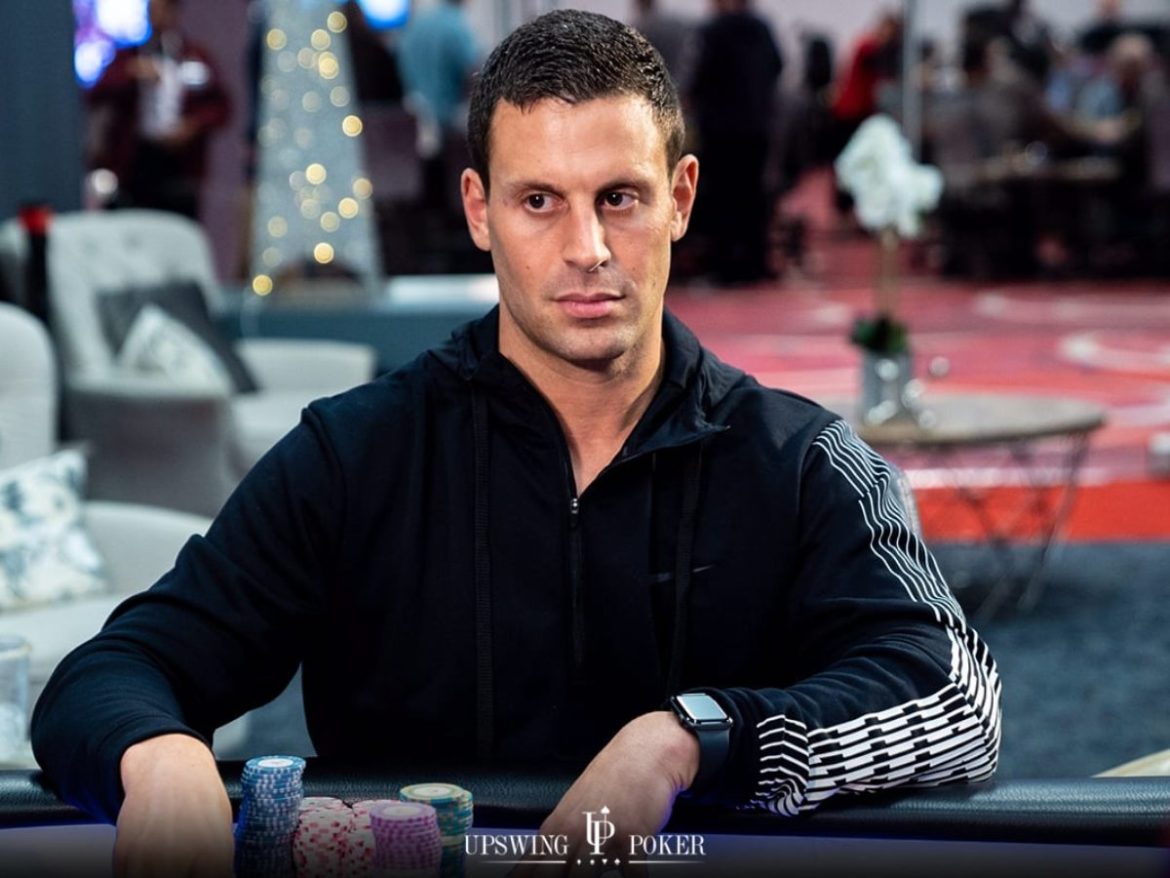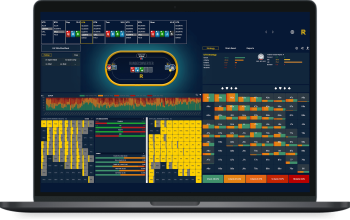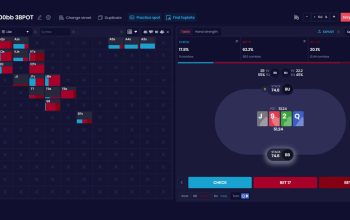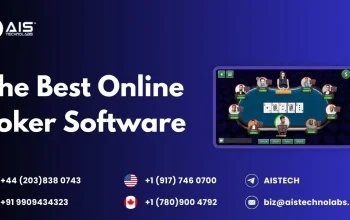When you think of poker, what comes to mind? Glitzy casinos? High-stakes bluffs? For most, it’s a game of chance, a hobby. But what if I told you that the green felt battlefield is, in fact, a powerful, undercover gym for your brain?
That’s right. Beyond the chips and cards lies a profound form of cognitive training. Playing poker seriously engages a suite of mental muscles you use every day. It’s not just about winning a pot; it’s about winning at mental fitness.
More Than a Game: Poker as a Cognitive Workout
Let’s be clear—we’re not talking about mindlessly playing a few hands on your phone. The real cognitive benefits of poker come from engaged, strategic play. It’s the difference between a leisurely walk and a heart-pumping run. When you’re truly “in” a hand, your brain is firing on all cylinders.
The Executive Function Powerhouse
At its core, poker is a relentless test of your executive functions—the CEO of your brain. This isn’t just psychobabble. It’s the real deal. Every single decision at the table calls upon:
- Working Memory: Juggling the odds, your opponents’ tendencies, your own table image, and the betting action. It’s a mental spreadsheet that updates in real-time.
- Cognitive Flexibility: That plan you had pre-flop? It’s useless if the flop comes all wrong. You have to pivot, adapt, and formulate a new strategy on the fly. This ability to shift gears is crucial for problem-solving off the table, too.
- Impulse Control: This is a big one. The urge to play a mediocre hand “just to see what happens” is strong. Disciplined poker teaches you to acknowledge that impulse… and then fold. You learn to act, not react.
Think of it like this: your brain is a muscle, and every disciplined fold or well-timed raise is like a rep at the gym. It’s a form of strategic decision-making training that has direct, real-world applications.
The Unexpected Mental Health Perks
Sure, cognitive gains are great. But the mental health benefits? They’re often the real hidden prize. In a world of constant notifications and stress, poker offers something rare: a state of focused flow.
Building Emotional Resilience
Poker is a brutal teacher of emotional control. You can play a hand perfectly and still lose to a lucky river card. It happens. Honestly, it happens a lot.
This repeated exposure to variance—the ups and downs of luck—trains you to separate process from outcome. A good decision is a good decision, regardless of the short-term result. Learning to accept bad beats without tilting, without letting frustration dictate your next move, is a masterclass in emotional regulation. You carry that calmness into your daily life.
A Sanctuary from Stress
It sounds counterintuitive. How can a competitive game be relaxing? Well, when you’re deep in a complex hand, the outside world melts away. Your brain doesn’t have the capacity to worry about that work email or that unpaid bill. You’re fully present. This immersive focus is a form of mindfulness, a mental vacation that can significantly reduce stress levels.
Practical Cognitive Skills You’ll Actually Use
So what does this all translate to? How does “poker brain” help you in the real world? Let’s break down a few key areas.
Reading People and Situations
Poker isn’t played in a vacuum. It’s a social game. You’re constantly processing non-verbal cues—a slight hesitation, a change in posture, the tone of a voice. You learn to build a “story” for each opponent. This sharpens your intuition and your ability to read people in meetings, negotiations, and social settings. You become a better listener, not just to words, but to behavior.
Mastering Probability and Risk Assessment
You don’t need to be a math whiz, but poker forces you to think in terms of probabilities. You’re constantly weighing risk versus reward. Is calling this bet a profitable long-term decision? This is a fundamental life skill. From investing to career choices, thinking in terms of expected value—rather than guaranteed outcomes—leads to better decisions.
| Poker Skill | Real-World Application |
| Calculating Pot Odds | Assessing the cost vs. potential benefit of a decision. |
| Hand Reading | Deducing someone’s motivations or a project’s true status from limited information. |
| Bankroll Management | Personal financial budgeting and risk management. |
| Maintaining a “Poker Face” | Emotional composure during stressful presentations or difficult conversations. |
A Few Words of Caution: Playing Smart for Your Mind
Look, we have to talk about the other side of the coin. Poker is a tool, and like any powerful tool, it needs to be used responsibly. The goal is poker for cognitive enhancement, not problem gambling.
Set strict limits for yourself, both in time and money. Play for the mental challenge, not the financial payoff. Treat losses as the cost of a tutoring session—you paid to learn a valuable lesson. If you find yourself chasing losses or playing out of frustration, step away. The mental benefits only manifest in a healthy, controlled environment.
The Final Hand
Poker, in its ideal form, is more than a card game. It’s a dynamic, demanding simulator for the mind. It forges cognitive sharpness, nurtures emotional steel, and teaches lessons in probability and people-reading that echo far beyond the table.
So the next time you sit down to play, remember you’re not just playing a hand. You’re giving your brain a full-spectrum workout. You’re investing in a sharper, more resilient you. And that, well, that’s a bet with a pretty fantastic expected value.
